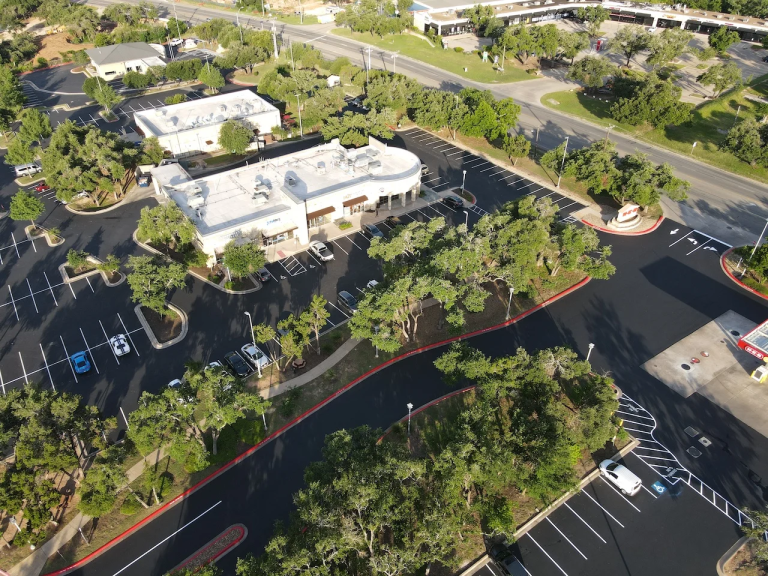The Top Factors That Impact Central Air Conditioning Installation Cost

Installing a central air conditioning system is a significant investment that can greatly enhance the comfort of your home. However, it’s essential to understand the factors influencing the central air conditioning installation cost.
By taking these factors into account, you can make informed decisions and plan your budget accordingly. In this article, we will explore the top factors impacting central air conditioning installation costs, providing valuable insights in easy-to-understand language.
1. Size Of The System
The size of the central air conditioning system plays a crucial role in determining the installation cost. An air conditioner that is too small may struggle to cool your home adequately, while an oversized unit may result in inefficient operation and higher energy bills.
HVAC professionals perform load calculations to determine the appropriate size of the system based on factors such as square footage, insulation, windows, and climate. The larger the system required, the higher the installation cost will likely be.
2. Ductwork Installation Or Modification
If your home doesn’t already have ductwork in place or needs modification, the installation cost will be impacted. Installing new ductwork involves labor, materials, and sometimes structural work.
The complexity of the ductwork installation or modification will affect the overall cost. Additionally, homes with multiple levels or tight spaces may require additional effort and resources, increasing the installation expenses.
3. Energy Efficiency Ratings
Energy efficiency ratings, such as SEER (Seasonal Energy Efficiency Ratio) and EER (Energy Efficiency Ratio), play a significant role in the installation cost.
Higher-rated systems are more expensive upfront but can lead to long-term energy savings and lower utility bills.
Energy-efficient models often incorporate advanced technologies and components contributing to their higher cost. However, the potential cost savings over the system’s lifespan should be considered when evaluating the overall value.
4. Brand And Quality
The brand and quality of the central air conditioning system have a direct impact on the installation cost. Well-established and reputable brands often come with higher price tags due to their reliability, performance, and warranty coverage.
While it may be tempting to opt for a cheaper, lesser-known brand, it’s essential to consider the long-term implications.
Quality systems tend to have better durability, efficiency, and support, which can result in enhanced comfort and lower maintenance costs over time.
5. Additional Features And Upgrades
Additional features and upgrades can be incorporated into a central air conditioning system, further impacting the installation cost. These may include programmable thermostats, zoning systems, humidity control, air purification systems, and smart home integration.
While these features can enhance comfort and convenience, they come at an additional expense. Discussing your specific needs and preferences with a professional can help you determine which features are worth the investment for your home.
6. Local Factors And Labor Costs
Installation costs can vary based on the region, local market conditions, and labor costs. Prices may differ significantly between urban and rural areas and between states or countries.
Factors such as demand, competition, and the availability of skilled technicians can influence the overall installation cost.
It is advisable to obtain multiple quotes from reputable HVAC contractors in your area to compare prices and ensure a fair deal.
7. Permitting And Code Compliance
Obtaining the necessary permits and complying with local building codes is essential to central air conditioning installation.
Depending on your location, permits may be required for electrical work, refrigerant handling, and structural modifications. Compliance with codes ensures safety, quality, and adherence to industry standards.
Permitting fees and potential code-related modifications can add to the overall installation cost, but they are necessary to ensure a proper and legal installation.
8. Warranty Coverage
The warranty coverage offered by the manufacturer and the HVAC contractor is important to consider when determining the installation cost. Different components of the central air conditioning system may have varying warranty periods.
Opting for extended warranties or comprehensive coverage can increase the upfront installation cost but provide peace of mind and potential cost savings in the event of future repairs or replacements.
It’s advisable to carefully review and understand the warranty terms and conditions before deciding.
Conclusion
When considering installing a central air conditioning system, knowing the factors that impact the overall cost is crucial. The size of the system, ductwork installation or modification, energy efficiency ratings, brand and quality, additional features, local factors, labor costs, permitting, and code compliance all contribute to the final expense.
By understanding these factors and working with a reputable HVAC professional, you can make informed decisions, plan your budget effectively, and enjoy the benefits of a well-installed central air conditioning system in your home.
At True North Air Conditioning, we specialize in providing top-notch HVAC solutions tailored to your specific needs. Our team of seasoned professionals is dedicated to delivering unparalleled service and ensuring your complete satisfaction.
Contact us today to schedule a consultation and take the first step toward transforming your home into an oasis of cool comfort.





